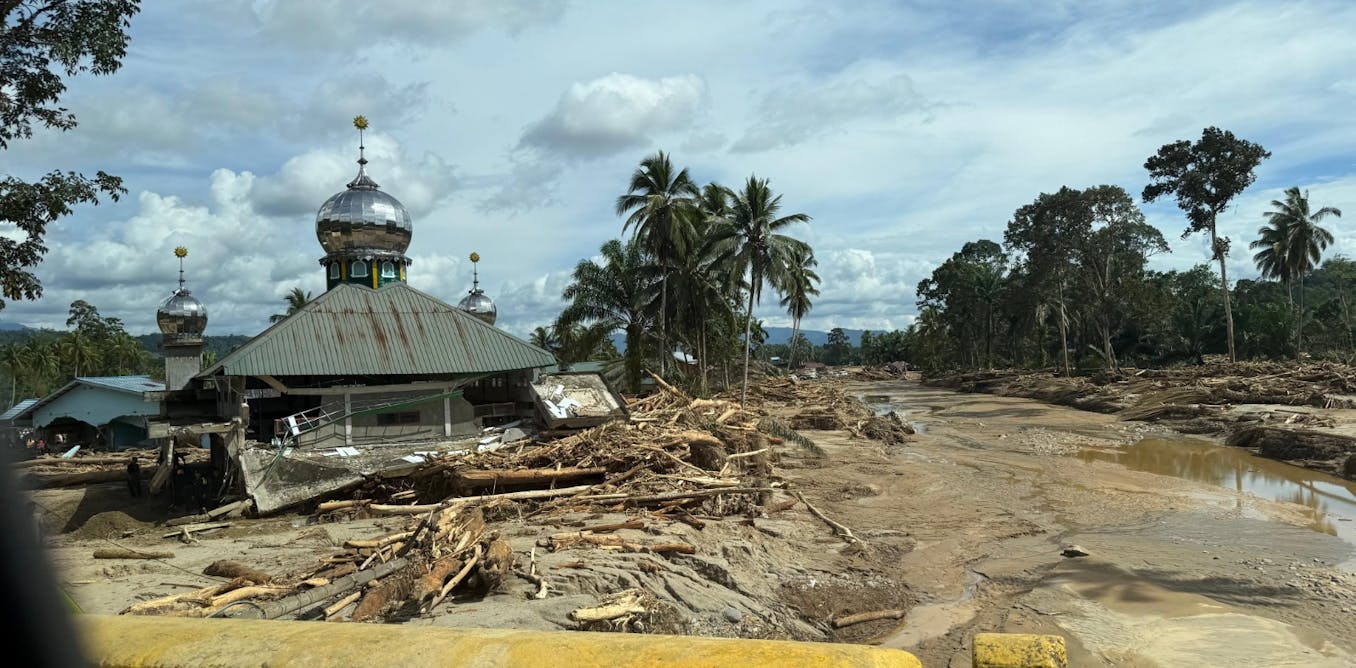Why Air Traffic Controllers Have One of the Hardest Jobs in the World
When it comes to demanding professions, few can rival the intensity of air traffic control. Recently highlighted by the longest government shutdown in U.S. history, the challenges faced by the nation’s air traffic controllers have come to the forefront. During this time, 13,000 controllers worked without pay for over a month, showing remarkable resilience as many turned to gig jobs with platforms like DoorDash and Instacart just to make ends meet. Yet, this situation reflects a much deeper issue: air traffic controller shortages that have been decades in the making.
The job of an air traffic controller is not just about directing planes; it’s about ensuring the safety of thousands of lives every single day. Controllers are tasked with coordinating the complex orchestration of air traffic, maintaining separation between aircraft and managing unpredictable factors such as weather changes and emergencies. This level of responsibility can weigh heavily, especially when compounded by fatigue. As staff levels have dwindled, the remaining controllers face increasing workloads, which often leads to high levels of stress and burnout.
Despite the critical nature of their work, there are alarming shortages of air traffic controllers across the United States. With many seasoned professionals retiring and not enough new recruits filling their shoes, the situation has reached a boiling point. Training for new controllers is a rigorous and time-consuming process, requiring not only extensive education but also the ability to perform under pressure. Together, these factors have contributed to a shrinking workforce that struggles to keep up with rising air traffic demands, especially during peak travel seasons.
In the face of these challenges, it’s worth asking why the profession is not attracting enough talent. The demanding hours, high-stress environment, and the pressing need for acute focus make it a difficult career choice for many. Additionally, the recent government shutdown has cast a shadow of uncertainty over the profession, deterring potential applicants who are wary of financial instability.
Ultimately, the importance of air traffic controllers cannot be overstated. They are the unseen guardians of air travel, working tirelessly to ensure that planes are safely guided to their destinations. As the industry grapples with the dual challenges of staffing shortages and increasing air traffic, it becomes clear that the future of safe aviation depends not just on technological advancements but also on addressing these workforce issues. Until these challenges are met head-on, air traffic controllers will continue to undergo one of the toughest jobs in the world, holding thousands of lives in their hands each day.
Watch the video by Business Insider
Video “Why Air Traffic Controllers Have One Of The Hardest Jobs In The World” was uploaded on 11/15/2025 to Youtube Channel Business Insider






































I feel early 1min lol
$145k income for that level of responsibility is BS.
Imagine gen z flight controllers 💀💀💀
God bless them there the heartbeat of the skys
if investing on controller is costly even in us what is in other countries 😮
Especially after this past shutdown, it’s absolutely ridiculous that they work with no pay. plus with all that stress and responsibility, they deserve a lot more.
Much like police officers, firefighters, military personnel, paramedics, teachers, and sanitation workers, Air Traffic Controllers are vital to keeping society running. They deserve to be paid more, and do not deserve to be treated like this during a government shut down.
It’s ridiculous to carry responsibility for thousands of human souls every day and be paid so little for it
Separating ASDE-X from RADAR and GPS is an interesting choice considering the ASDE-X uses both and is the only radar on the surface.
Obviously they just need to hire people with the right qualifications i.e. black, female, trans, you know the things that really matter or just have AI do it
democrat shutdown*
They need to remove the age limit if they ever hope to get their numbers back